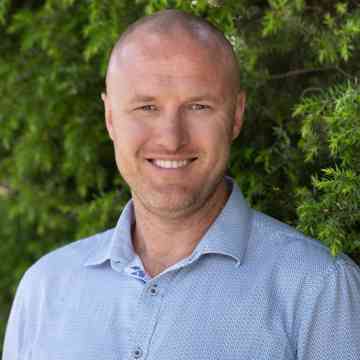When you find out your illness is terminal it can be extremely difficult to know what to do. Your diagnosis may give you anywhere from weeks to months to live, but terminal means that doctors believe no treatment will be able to save your life. There is no right way to respond to such news, but the tips below can help you deal with your feelings, and make the most of the time you have left.
Ask for help
Asking for help is important when faced with such devastating news. You can ask for both practical and emotional help. Your friends and family may be able to help you by taking you to appointments or any other practical concerns you may have, as well as by providing emotional support. If you are alone, then ask your hospital for palliative support –whether that might be nurses to help care for you, volunteers to visit with you, or anything else you may need.
Try to be positive
Whilst it may feel impossible to be positive, doing things that make you happy is a good way to make the most of this time and deal with your diagnosis. Finding enjoyment in things can be as simple as having a comforting bubble bath each evening or something bigger like taking a holiday. Tell those around you about anything you had hoped to do, or might enjoy and see how they can help.
Talk about it
Everyone experiences different emotions when facing their own mortality. Whilst for some people this comes after a long illness and is considered a relief, for many the emotional rollercoaster is exhausting and difficult to cope with. Seeking professional palliative counselling can help you find strategies to deal with your pain and give you a safe place to air all your fears, hopes and feelings.
Know your options
Knowing your options means informing yourself about the likely progression of your illness. Find out about care options that you may wish to access and pain control options available. Speaking with your doctor openly about your needs allows them to give you the best care possible. Your counsellor may also be able to advise you about services available. Feeling prepared can help make this time feel less overwhelming.

Marcus Andrews
Marcus Andrews is the founder and director of Life Supports, which was established in 2002. He has extensive professional experience working as a counsellor and family therapist across a broad range of issues. The core component of his role at Life Supports involves the supervision of other counsellors, including secondary consultations. Marcus has worked in many sectors, including private, government, non-profit, health, forensic and community practice.
Recommended Reading
Get help now
Appointments currently available
Open 8am to 8pm weekdays and 9am to 5:30pm weekends